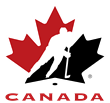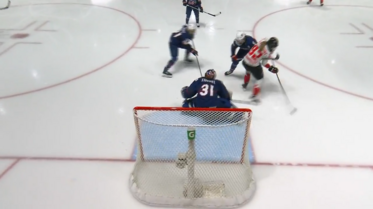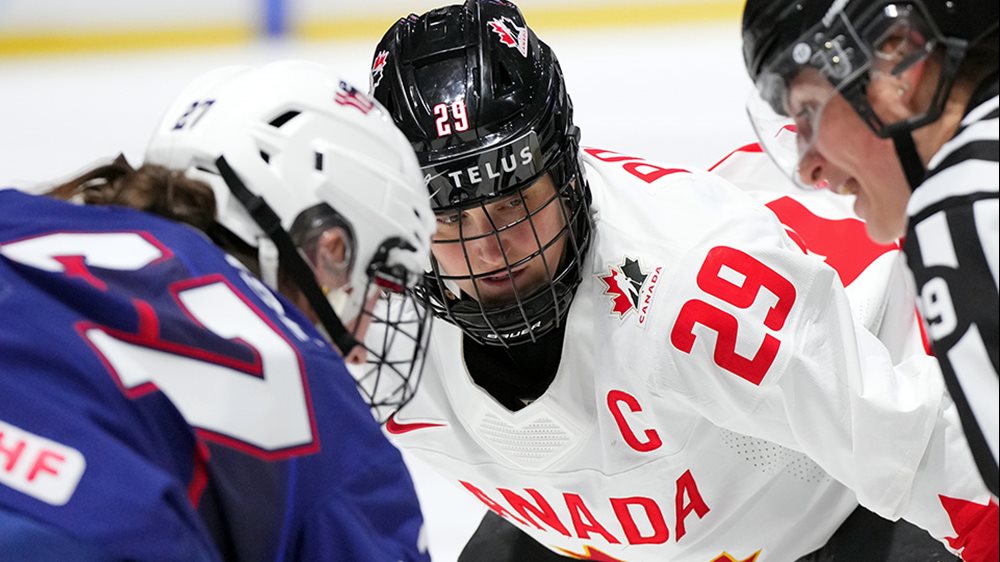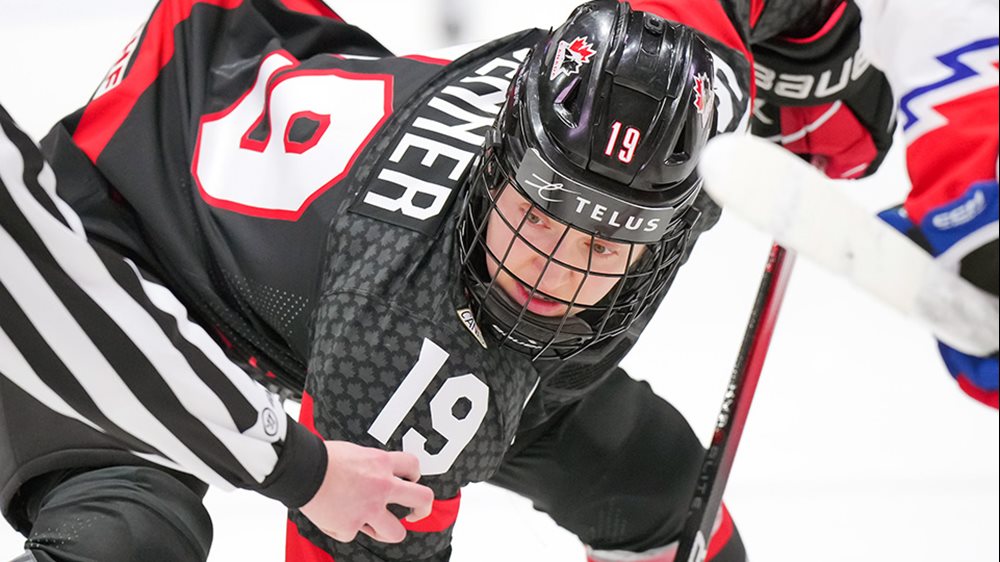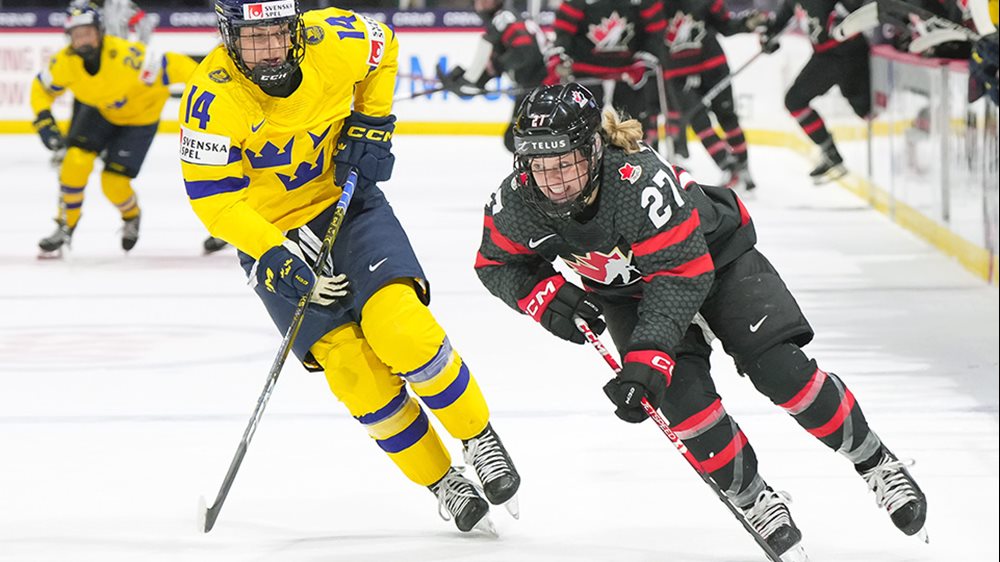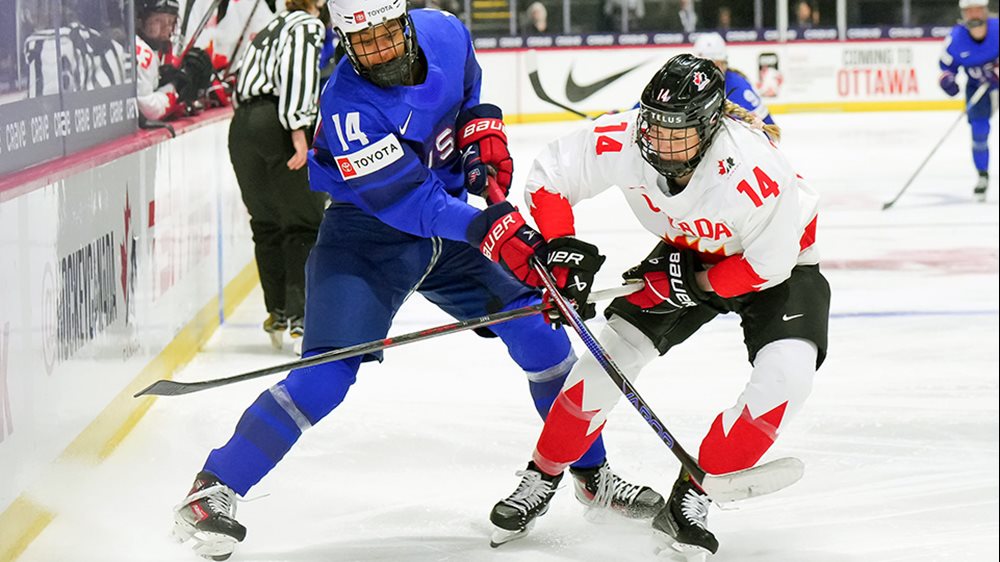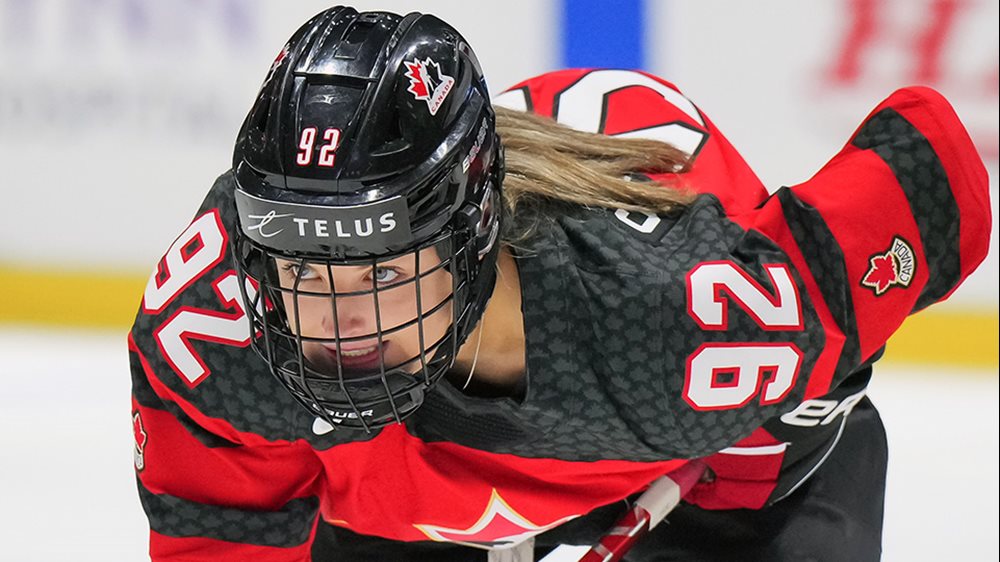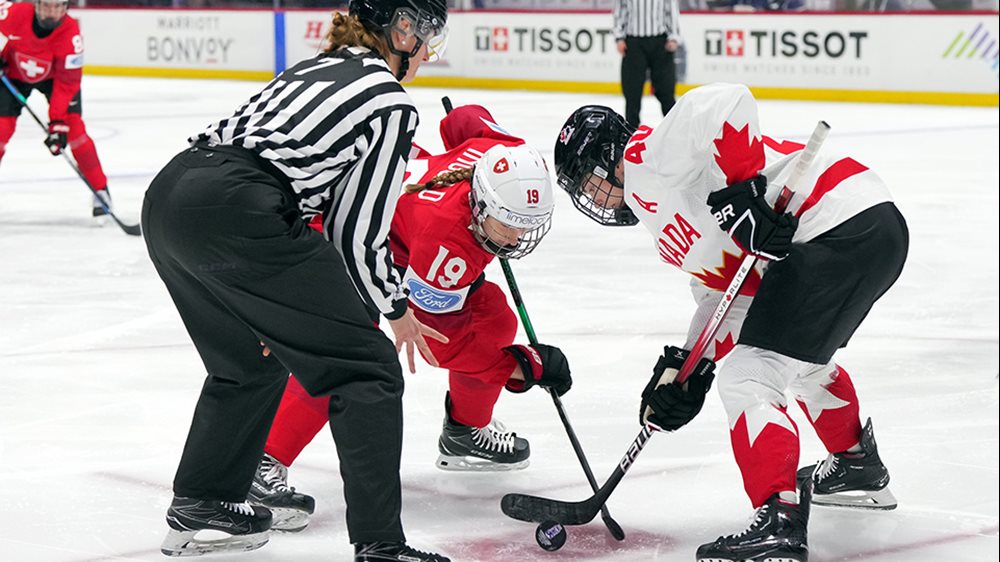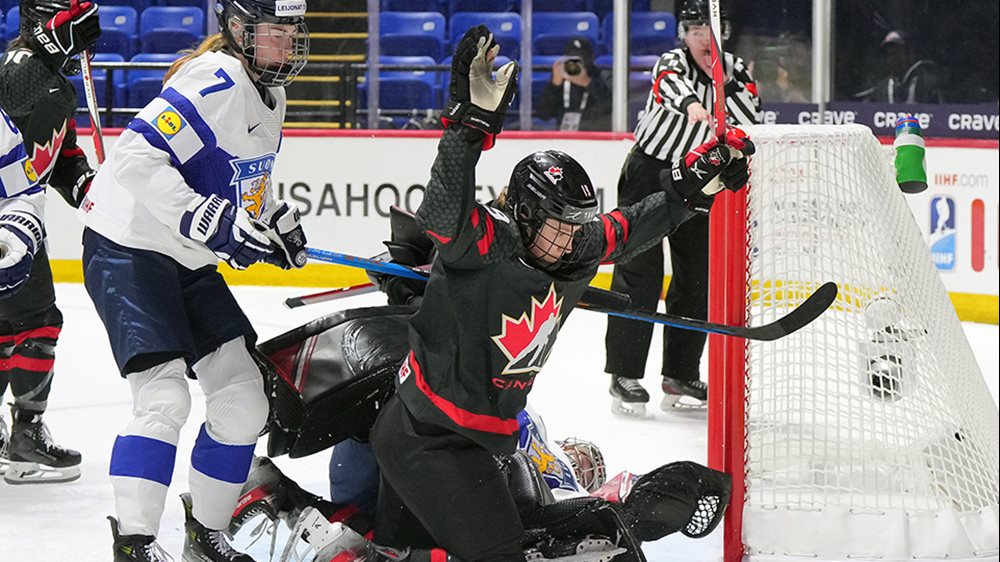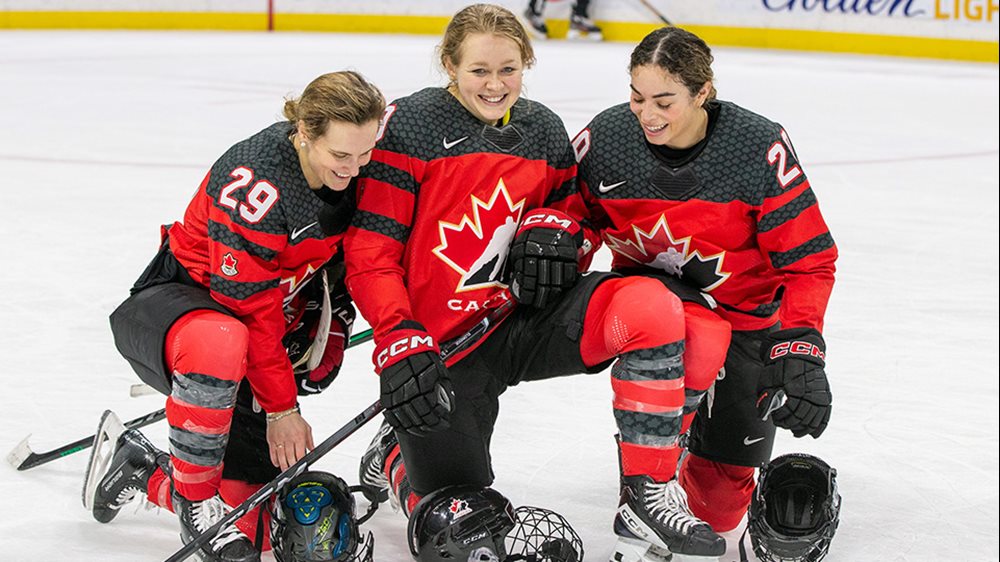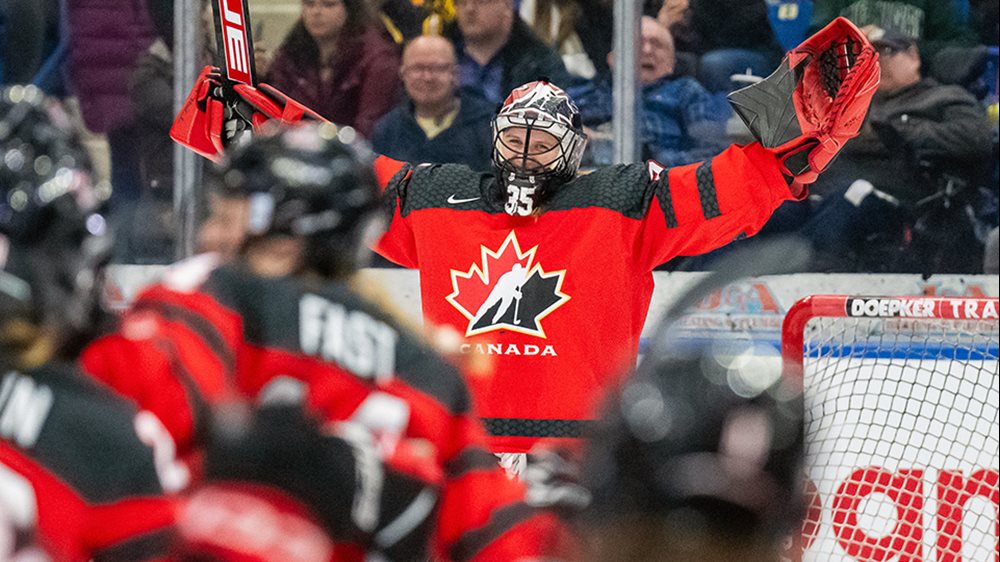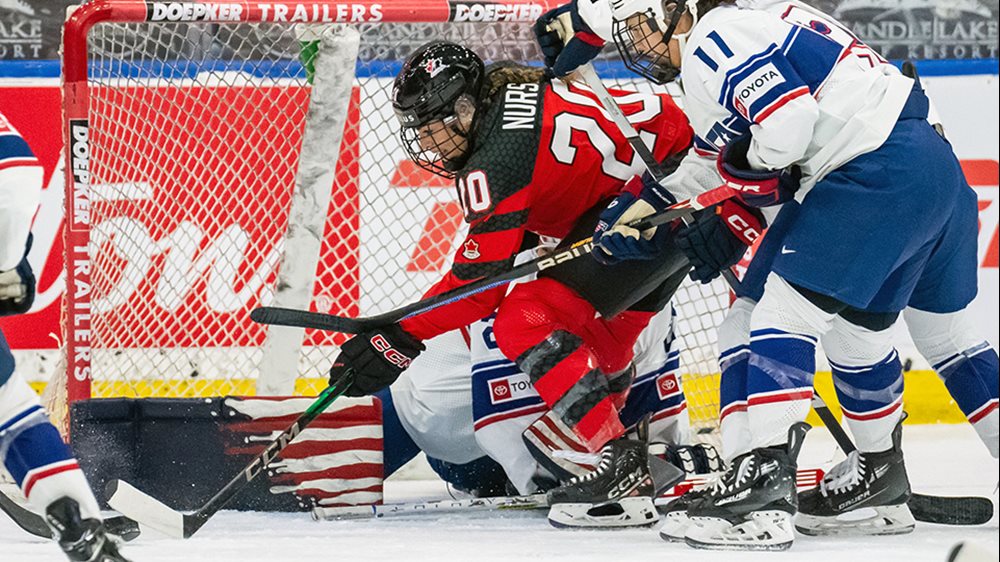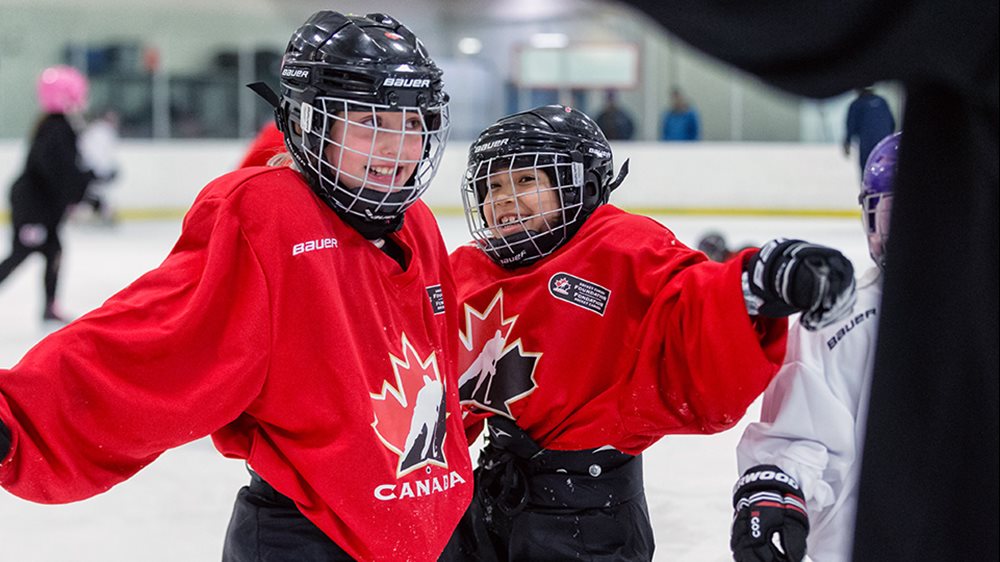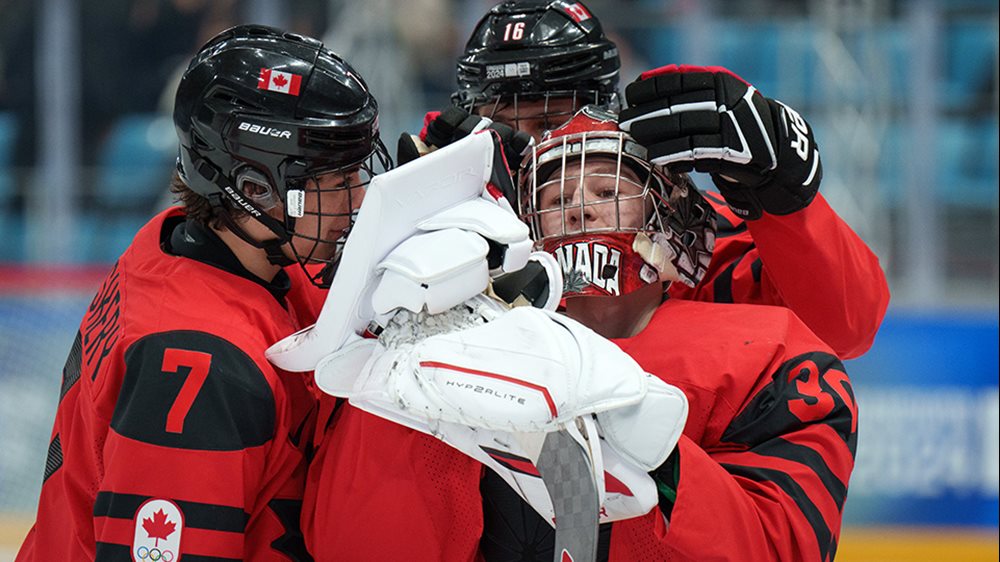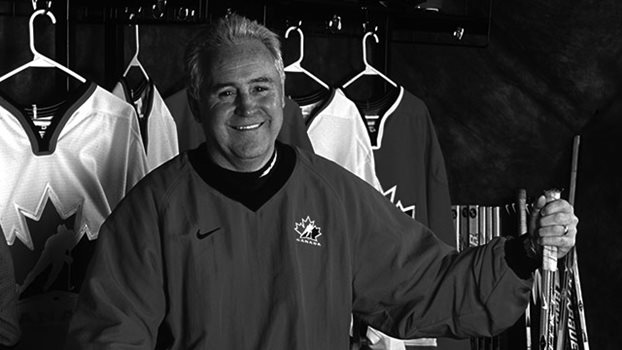
Wayne Fleming - 1950-2013
It is with great sadness that Hockey Canada acknowledges the passing of Wayne Fleming, who lost his battle with cancer on March 25 in Calgary at the age of 62.
Fleming spent considerable time with Hockey Canada during his 30-plus years in the game as a coach and administrator, and played a major role in developing content for Hockey Canada’s development programs at the grassroots level, much of which is still in use today.
The Winnipeg, Man., native touched countless lives, taking his technical knowledge and teaching skills to six countries and sharing his love of the game with thousands of players and coaches.
“Hockey Canada has lost a great friend, and the hockey world has lost not only a tremendous coach, but a wonderful man,” said Bob Nicholson, president and CEO of Hockey Canada. “We send our condolences to Wayne’s wife, Carolyn, their four children and the rest of the Fleming family.”
After spending nine years as head coach of the University of Manitoba men’s hockey team, winning Great Plains Athletic Conference championships in 1982-83 and 1983-84 and the CIAU Coach of the Year award in 1983-84, Fleming joined the Canadian Hockey Association in 1990 as general manager and assistant coach with Canada’s Men’s Olympic Team.
Working under legendary Team Canada head coach Dave King, Fleming helped the Canadians to a silver medal at the 1992 Games in Albertville, France, Canada’s first Olympic hockey medal since winning bronze in 1968.
After stints as head coach of Leksands IF (Sweden – 1992-96), EHC Kloten (Switzerland – 1996-97), EV Landshut (Germany – 1996-97), Fleming began his NHL career as an assistant coach with the New York Islanders from 1997-99 and Phoenix Coyotes during the 1999-2000 season.
He returned to the CHA in August 2000 as vice-president of hockey operations and head coach of Canada’s National Men’s Team, leading Team Canada behind the bench at the 2001 and 2002 IIHF World Championships, and served as associate coach under Pat Quinn at the 2002 Olympic Winter Games, winning a gold medal, and 2004 World Cup of Hockey.
“He was really the glue of the coaching staff for the 2002 Olympics,” Nicholson told the Toronto Sun in May 2011. “He was the guy that brought Pat Quinn and Ken Hitchcock and Jacques Martin together. That’s what Wayne is, he just does it in the background. If you talk to any of those guys, they’ll give all the credit in the world to him for us winning gold for the first time in 50 years.”
Fleming continued his NHL coaching career as an assistant with the Philadelphia Flyers from 2002-06 and Calgary Flames from 2006-08 before serving as head coach of Avangard Omsk of the Kontinental Hockey League during the 2008-09 campaign.
He was an assistant coach with the Edmonton Oilers in 2009-10 and had spent the last three seasons as an assistant with the Tampa Bay Lightning.
For more information: |
- <
- >
